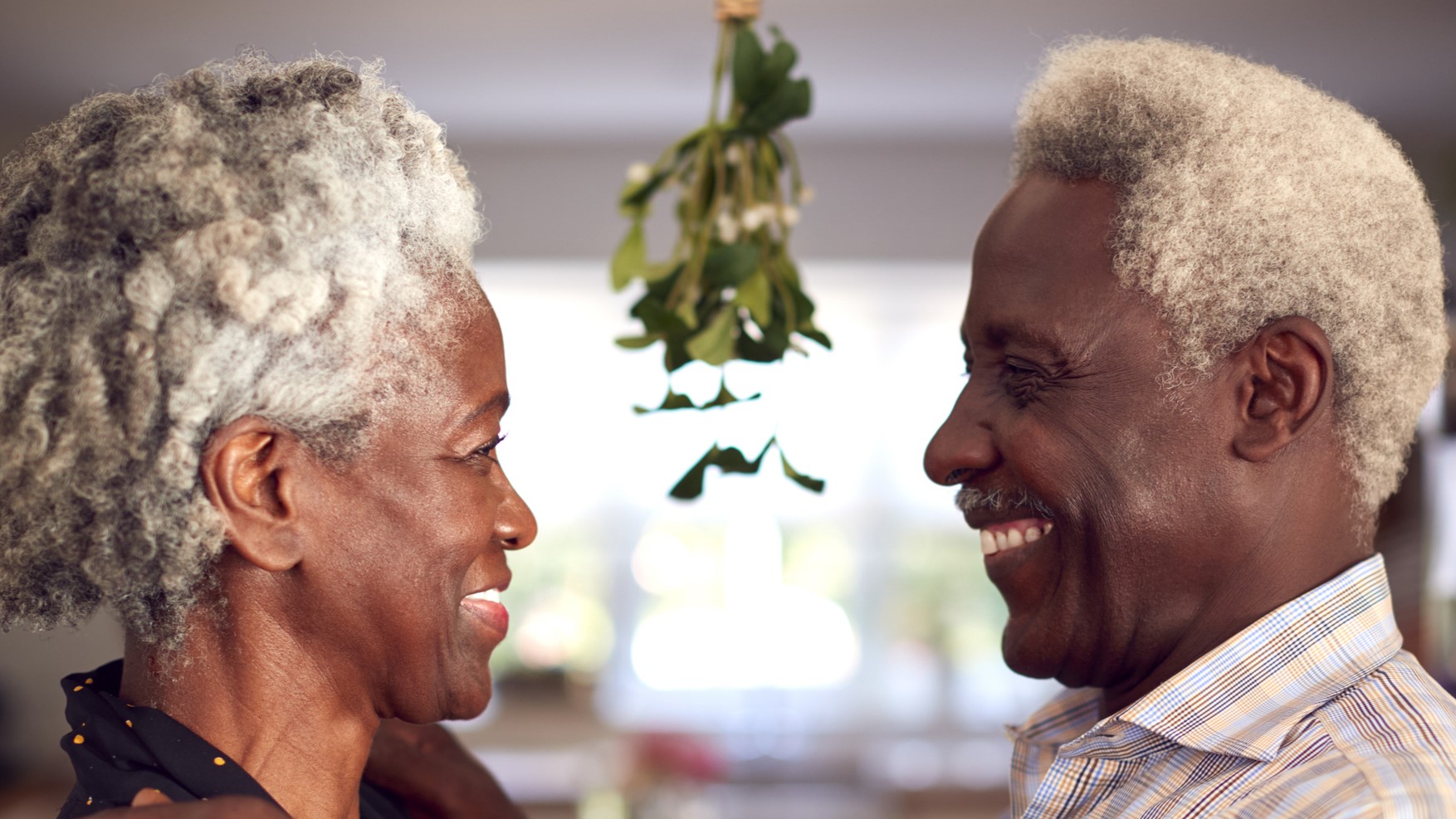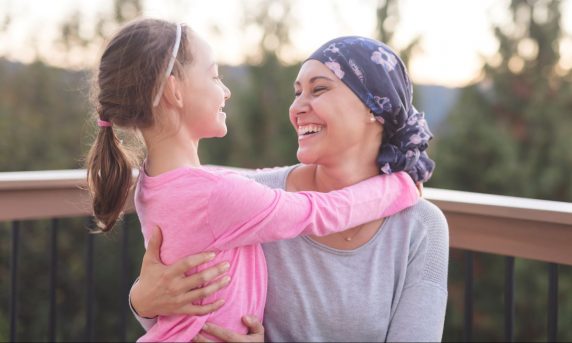When you think of mistletoe, you probably picture holiday decorations and stolen kisses. But for centuries, mistletoe has also been used in herbal remedies for everything from headaches to infertility – and now, even cancer.
But is mistletoe really the miracle cure some are calling it? To clear up any confusion, we went to Andrew Salner, MD, medical director of the Hartford HealthCare Cancer Institute. Here’s what he has to say.
Where does mistletoe come from – and how can it help?
Long used in traditional medicine, mistletoe is a semiparasitic plant that grows on trees.
“There are different types of mistletoe, which have been used for hundreds of years to create extracts,” says Dr. Salner.
These extracts are said to help with a wide variety of conditions, including:
- Epilepsy
- Asthma
- Headache
- High blood pressure
- Infertility
- Arthritis
“It’s important to understand that mistletoe is not approved by the FDA, and is strictly an herbal or complementary medicine,” says Dr. Salner.
And while mistletoe might have some benefits, it doesn’t come without risk.
“Mistletoe berries are actually considered poisonous,” Dr. Salner adds. “Taken in high doses, mistletoe can result in delirium, hallucinations, bradycardia (a slowed heart rate), high blood pressure, or even cardiac arrest in severe cases.”
> Related: 6 Types of Tests Your Doctor Might Use to Diagnose Cancer
How does mistletoe fit into cancer treatment?
Alternative medicine has long played a role in cancer treatment, and mistletoe is no exception.
“There have actually been quite a few studies done on this topic, but the results aren’t conclusive,” says Dr. Salner. “Many of the studies are poorly designed, or don’t have enough participants to prove efficacy and safety.”
Some of this research, primarily done in Europe, includes:
- Breast Cancer: Several studies found that mistletoe can reduce side effects from treatment, and one study saw an increase in survival rates.
- Colorectal Cancer: Used along with chemotherapy, mistletoe might reduce side effects or improve survival rates.
- Pancreatic Cancer: When compared to supportive care, mistletoe only seemed to slightly increase survival.
- Melanoma: No significant survival benefits were found.
“Most of these studies were anecdotal,” says Dr. Salner. “It seems that mistletoe might be able to help improve patients’ quality of life – especially when combined with modern treatment like chemotherapy or radiation – but we haven’t been able to prove any consistent survival advantage.”
One clinical trial conducted by Johns Hopkins did show some improvement in side effects for advanced cancer patients, but no improvement in survival, he adds.
Before you try mistletoe, consider this.
The good news, says Dr. Salner, is cancer treatment has come a long way in the last few years.
“Everyone’s treatment path looks a little different,” he notes. “The key is to find what works best for you. In many cases, that might include both conventional and alternative medicine.”
If you’re looking for a natural remedy, there are plenty of safe, well-researched options available, including:
- Acupuncture
- Massage therapy
- Art therapy
- Yoga
- Meditation
- Reiki
“These can be great for reducing the side effects of treatment and improving your overall quality of life.”
Other natural products like dietary supplements, vitamins and botanicals have been gaining popularity, but still need additional research.
“Taken in the correct doses, some of these might be safe, but few have proven any survival advantage in the long term,” Dr. Salner adds. “Others, like supplements with high doses of vitamins C and E, may be toxic and can interfere with more conventional treatment.”
When in doubt, check with your doctor.
“If you’re considering mistletoe or any other natural remedy, talk to your oncologist first,” says Dr. Salner. “They can help ensure your treatment plan is safe and effective, tailored to your unique needs.”
After all, when it comes to cancer treatment, there’s no substitute for expert guidance and well-researched care.



